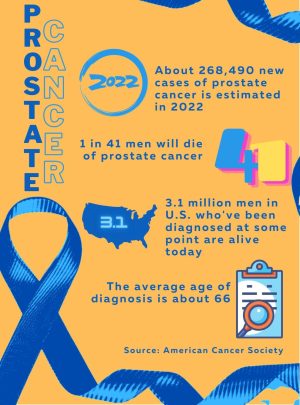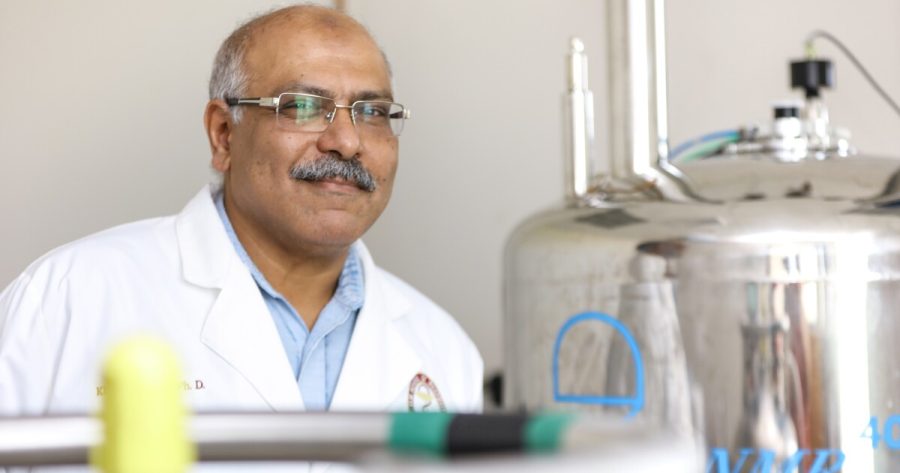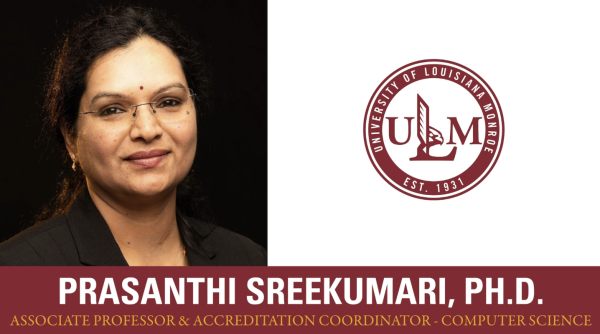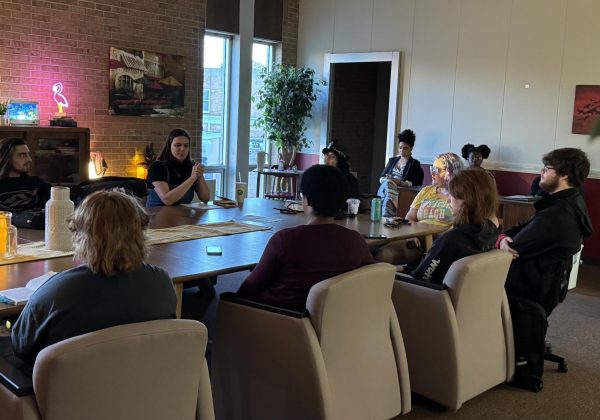El Sayed awarded grant to research prostate cancer
About one in nine men will be diagnosed with prostate cancer. One in 41 men will die of prostate cancer, according to the American Cancer Society.
That’s why researchers at ULM are trying to find a new method of fighting prostate cancer.
Leading the research is Khalid El Sayed, a professor of medicinal and natural products chemistry in the School of Basic Pharmaceutical and Toxicological Sciences in the College of Pharmacy.
El Sayed was recently approved for a grant from the National Institutes of Health.
The grant will help fund research for two years, providing $182,419 the first year and $164,794 the second year.
The researchers are trying to find a way to use pseurotin A to fight prostate cancer. Pseurotin A is a product found in a fungus.
The researchers ferment a fungus in a flask, which produces an odd-colored liquid. Then through a series of steps, they separate the target compound in test tubes. Each time, the liquid gets clearer.
Their goal is to produce the purest form of pseurotin A possible, which could then be used to fight recurring prostate cancer.
Among American men, prostate cancer is the most common cancer and the second-highest cause of death.

If a small number of cancer cells still exist in the body, there is always a chance of recurrence even after treatment—it can be in the original location or in a new location. About 20-30% of men will relapse after the five-year mark of initial therapy, according to Johns Hopkins Medicine.
“It’s hard to design a recurrence deterrence because the recurrence mechanism is not fully understood,” El Sayed said. “Numerous patients die from the chemical in the chemotherapy used to treat tumors.”
El Sayed applied for the grant after his research team invented a new cancer recurrence model treating lab mice with pseurotin A.
The results were so successful that El Sayed decided to apply for the grant to continue the research.
El Sayed said of all the grants NIH received in this cycle, the agency views this as one of the most important in terms of practical implementation and expected outcomes.
However, there’s still a long way to go before the treatment is tested on humans.
El Sayed doesn’t expect to see this research project applied in clinical practice for at least five years.
If the research continues to show promise, follow-up grants through the NIH are possible.
“Every project is very expensive,” El Sayed said. “My job is to secure more funding to continue quality natural products research at ULM.”




